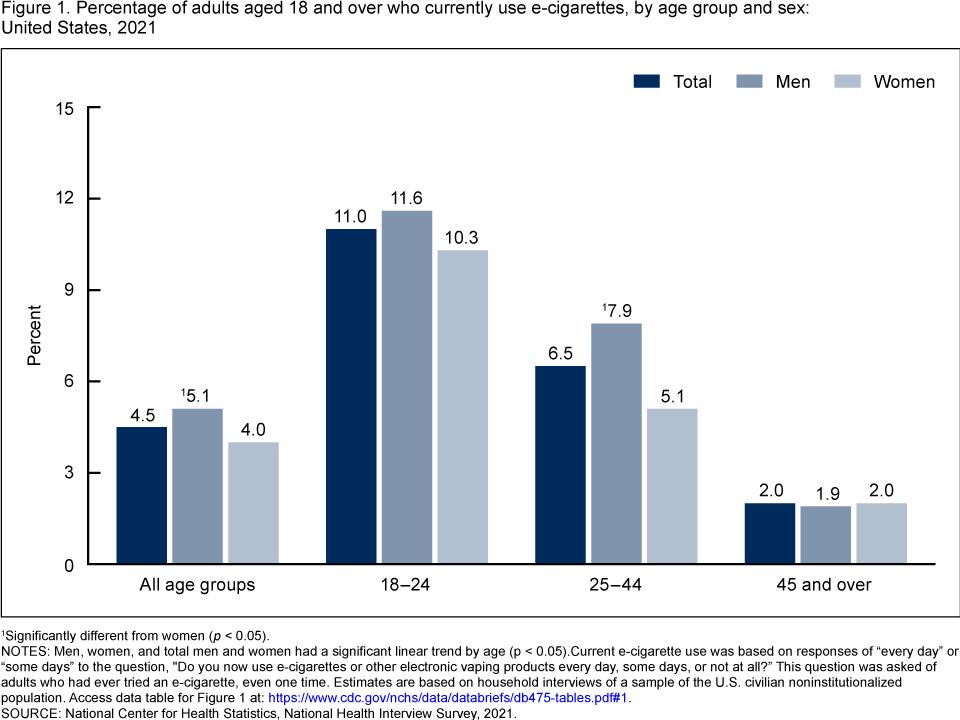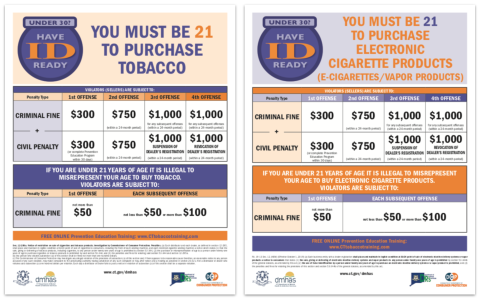In 2019, the minimum legal age to purchase electronic cigarettes and all other tobacco products in the United States changed significantly due to federal legislation.
The Federal Tobacco 21 Law
On December 20, 2019, President Trump signed legislation amending the Federal Food, Drug, and Cosmetic Act, raising the federal minimum age of sale for all tobacco products, including electronic cigarettes (e-cigarettes), from 18 to 21 years old. This law is widely known as “Tobacco 21” or “T21”.

Key Facts
- Federal Minimum Age: The nationwide minimum age became 21 as of the signing date (December 20, 2019).
- Replaced State Variations: Prior to this federal law, the minimum purchase age for e-cigarettes varied by state, with most setting it at 18 or 19, but some localities or states had already raised it to 21.
- FDA Regulation: The U.S. Food and Drug Administration (FDA) enforced the federal age restriction at retail locations, including vape shops, convenience stores, gas stations, and online retailers.
- Military Exception: No automatic exceptions for military service members aged 18-20 existed; they were also subject to the federal age 21 requirement.
- Immediate Effect: The age change was effective immediately upon the law’s signing. Retailers were expected to comply promptly.
- Verification Required: Retailers were (and remain) legally obligated to check photo ID from anyone attempting to purchase e-cigarettes who appears under the age of 27 to ensure they are at least 21.
Health Context
This legal change aimed to reduce youth access to tobacco products, driven by public health concerns over the surge in e-cigarette use (vaping) among teenagers. Brain development continues into the early 20s, and nicotine exposure during this period can be harmful.










